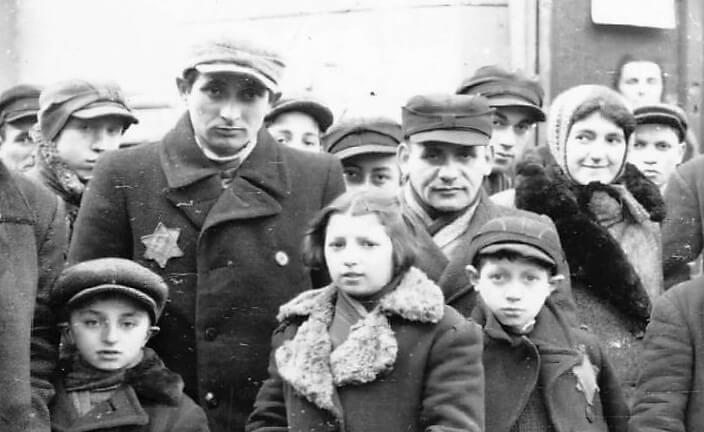
The Scroll of Fasting
One of the more surprising statements in the Talmud concerns a document composed over two millennia ago known as Megillat Ta’anit. This ‘Scroll of Fasting’ lists 35 days in the year when fasting is prohibited due to some joyful event that took place on that day.
The majority of these minor holidays commemorate the rescinding of some evil decree against the Jewish people. The most well-known of these is the holiday of Purim, when the Jews of Persia were saved from Haman’s plot to destroy them.
Our Rabbis taught: Who wrote Megillat Ta’anit? Hananiah ben Hezekiah and his colleagues, who cherished the troubles. (Shabbat 13b)
What an unusual trait for a scholar — “who cherished the troubles.” Who likes hardships and suffering? What does this mean?
Rashi explained that they cherished the miraculous rescue from these persecutions. They appreciated the opportunity to express our thanks and gratitude to God.
But the literal meaning of the phrase indicates that these scholars found value in the troubles themselves.
Watching Over the Nation
Rav Kook suggested a bold theory, proposing that these harsh events in the history of the Jewish people played an indispensable role in the nation’s survival. Paradoxically, they have a part in the Divine providence that guards over the Jewish people, particularly throughout the long and difficult centuries of exile.
How do persecutions protect the people of Israel?
Israel’s continued existence hinges upon the love and connection that each individual Jew feels for God, for His Torah in our midst, and for the Jewish people. This is an innate love, flowing from the soul’s natural inclinations; and it is substantiated by the recognition of the appropriateness of this love for Israel, with its Torah and unique national mission.
On occasion, especially in periods when the nation is scattered across the world, this love
may wane. Connection to the Jewish people often weakens as individuals chart their own path in life. They become
absorbed in their own personal goals and aspirations, neglecting the ties that
bind them to God’s covenant — a covenant granted to the nation as a whole, which reaches the
individual through the collective.
At such times, additional means are needed to bolster the connection of each individual to the nation.
Protecting the Family Unit
In an earlier age, Divine Providence provided a means to strengthen humanity’s awareness of its moral obligations. After the sin of Adam and Eve, the distinction between right and wrong became blurred, and commitments to family and community were less binding.
The punishments meted out after Adam’s transgression — “I will greatly increase your sorrow and your pregnancy; in pain you will give birth to children... With toil, you will derive food from [the land] all the days of your life” (Gen. 3:16-17) — were not arbitrary punishments. They were meant to safeguard and fortify the family unit. By increasing the difficulty in bringing children into the world and providing for them, they reinforced the natural love of parents for their offspring. More invested in their children, fathers and mothers would be more willing to suffer the burdens of raising children until they become independent.
The Role of Afflictions
A similar dynamic is at work with the Jewish people. It was critical that the connection to Torah, Jewish faith, and the nation of Israel should not be broken as a result of dispersion and exile. This is particularly true when we witness many peoples, after losing their independence and sovereignty, assimilate within conquering empires and disappear from the annals of history.
What will strengthen the inherent love of Israel, so that even its most humble members will recognize its value?
This is the function of troubles and persecutions. The challenges and dangers confronted for the sake of observing Torah, for the sake of Jewish faith, or even just for the sake of Jewish identity — they lead to a resurgence of love and connection in the hearts of subsequent generations. We learn to appreciate the steep cost that the Jewish national spirit has borne for its survival and the preservation of its Torah. This awareness imparts strength and resolve, fostering a deep sense of connection and loyalty.
With this in mind, these scholars compiled Megillat Ta’anit. They understood the importance of preserving the memory of these trials and tribulations in our nation’s history for the benefit of future generations. They truly "cherished the troubles.”
(Adapted from Ein Eyah, Shabbat vol. 1 (1:62) on Shabbat 13)